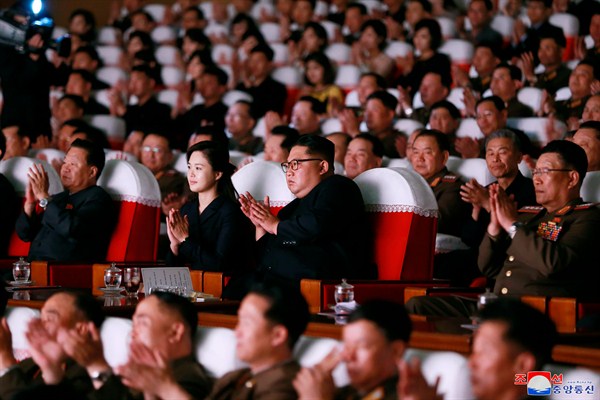North Korea has never been an easy country to understand from the outside. But the recent cycle of seemingly contradictory developments in one the world’s most isolated countries appears especially bewildering. Last month, there were reports of a major leadership shakeup in Pyongyang, followed by a startling report in South Korean media that several key North Korean officials who had been in charge of negotiations with the United States had been executed or purged. Within a week, however, several of these officials resurfaced.
These stories are a reminder that all too often, the immediate coverage about the North Korean state is not as it initially appears—especially the most headline-grabbing news about regime turmoil. Why are many of these breathless reports about North Korea so often readily accepted as fact, despite a consistent history of outsiders misunderstanding the country and the nature of its regime?
Most observers of North Korea are too quick to draw conclusions based on very limited information and even less knowledge about a regime that, although brutal and totalitarian, is also far more complex than the usual caricature of a mafia state run by a maniacal ruler. Even other more thoughtful and careful analysts, including well-meaning policymakers, have drawn the wrong conclusions about North Korea over the years. Despite the conventional wisdom and all the predictions of regime collapse, the Kim dynasty has managed to endure.

